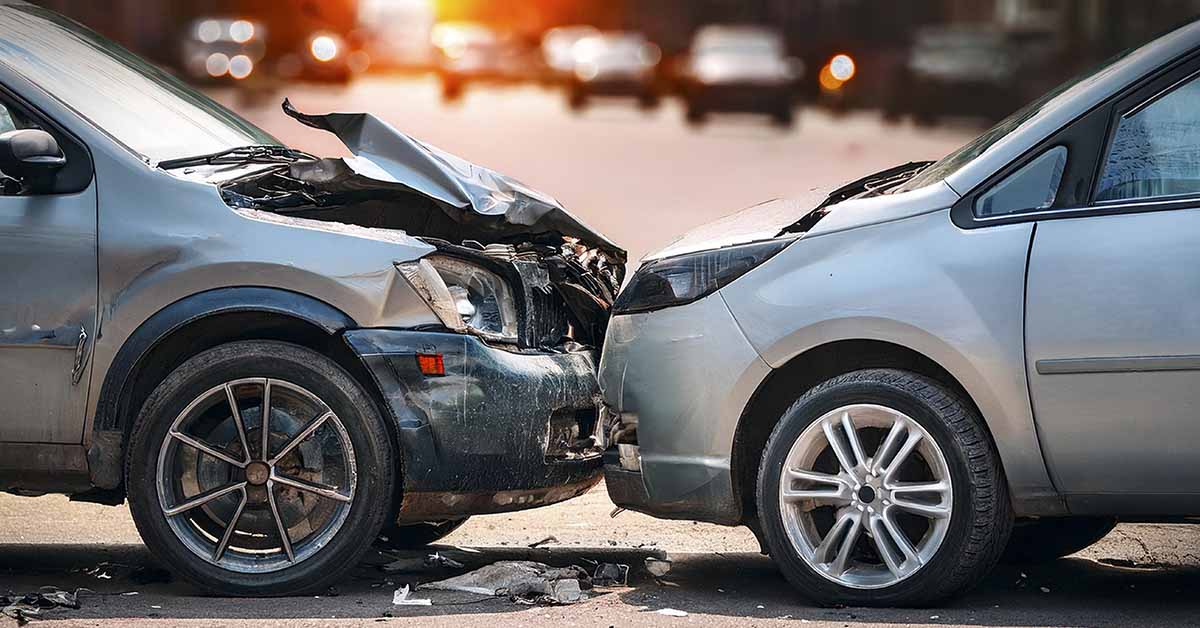According to a new study, people who refused to get a covid vaccination were more likely to get into a traffic accident. However, there is no direct link between being unvaccinated and having a car accident. So, how did the researchers reach this conclusion, then? Join us as we learn more about this study that was recently published in the American Journal of Medicine.
Why Are the Unvaccinated More Prone To Traffic Accidents?
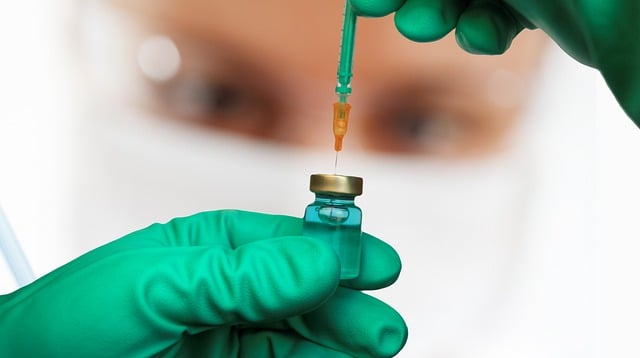
For this study, the researchers analyzed the data of 11,270, 763 people, 16% of which were unvaccinated. They then examined the data gathered from emergency care situations in Ontario, Canada, where the accident resulted in those involved being hospitalized. They also controlled for various factors such as existing medical conditions and age. So, why did the researchers look for a connection between traffic accidents and being unvaccinated? Surely there is nothing in the vaccine that somehow makes you a better driver?
Read More: COVID Vaccine Victims Speak Out After Yale Study Links Shot To Severe Body Changes
The Correlation Between the Unvaccinated and Traffic Accidents
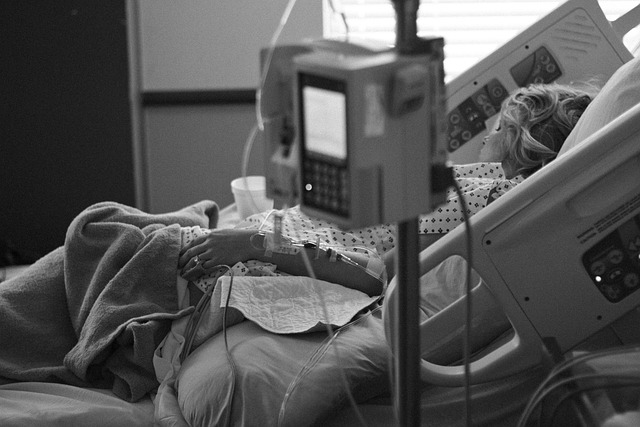
According to the researchers, previous studies had already revealed that there was a link between a person’s psychology and the number of accidents they got into. For example, people with aggressive personalities were more likely to have a traffic accident. The researchers of the study stated that “Simple immune activation against a coronavirus, for example, has no direct effect on traffic behavior or the risk of a motor vehicle crash. Instead, we theorized that individual adults who tend to resist public health recommendations might also neglect basic road safety guidelines.”
The Results of the Study
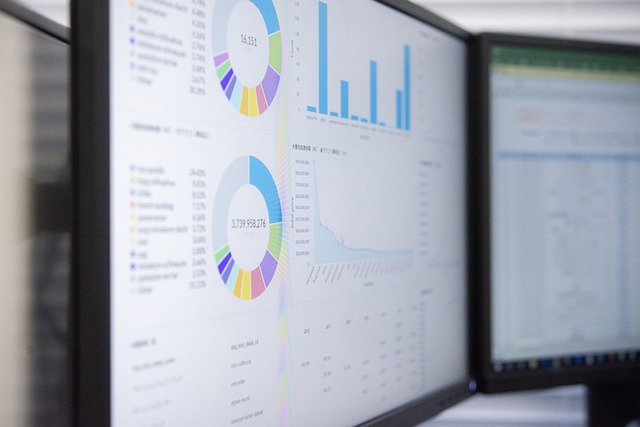
As it turns out, the researchers’ theories were proven to be correct. The data revealed that unvaccinated individuals were indeed more likely to get into traffic accidents. Even though the unvaccinated individuals accounted for only 16% of those examined, they accounted for 25% of the accidents that resulted in hospitalization in the months that followed. They revealed that unvaccinated individuals exhibited a 48% increased risk of being involved ina traffic accident. This was even after adjusting for factors such as socioeconomic status and home location.
Read More: Infant Death Highlights Severity of Australia’s Worst Whooping Cough Epidemic On Record
Explanations for the Correlation
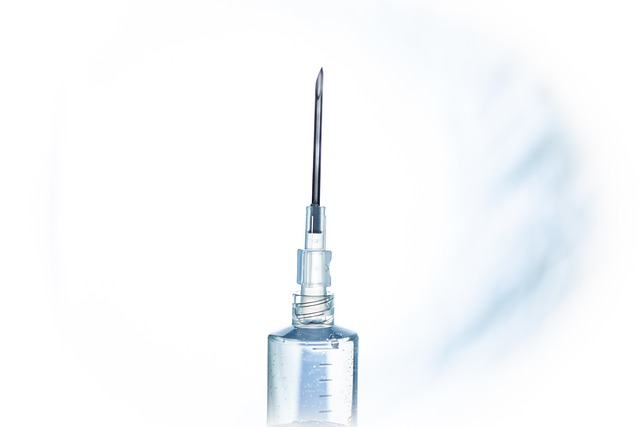
According to the authors of the study, “One possibility relates to a distrust of government or belief in freedom that contributes to both vaccination preferences and increased traffic risks.” Additionally, they also noted that other reasons could be antipathy towards regulations, personal beliefs, misinformation, and overall misconceptions of everyday risks. Other factors that could also influence their decisions include limited health education, political associations, negative past experiences, and limited health literacy.
What Can Be Done To Address This Issue?
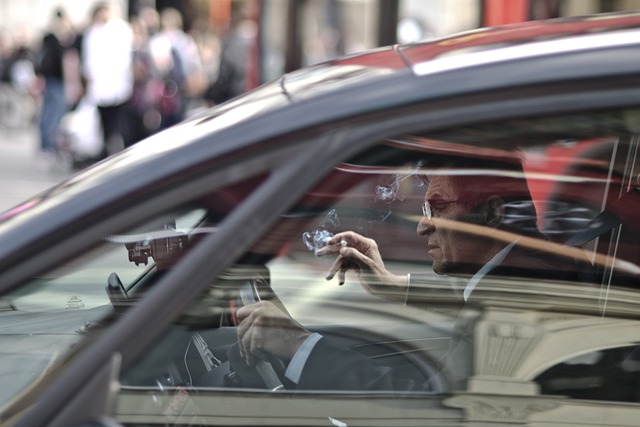
The study doesn’t suggest that taking a vaccine will magically make you drive better. But it does point to the fact that it comes down to risk assessment and behaviour. Perhaps people would act differently if they were aware of all the risks involved. This is why experts suggest that they develop public education campaigns that increase the awareness of the risks associated with being unvaccinated. Initiatives that promote safer driving habits should also be implemented. A focus should be placed on addressing misinformation and improving health literacy.
The Bottom Line
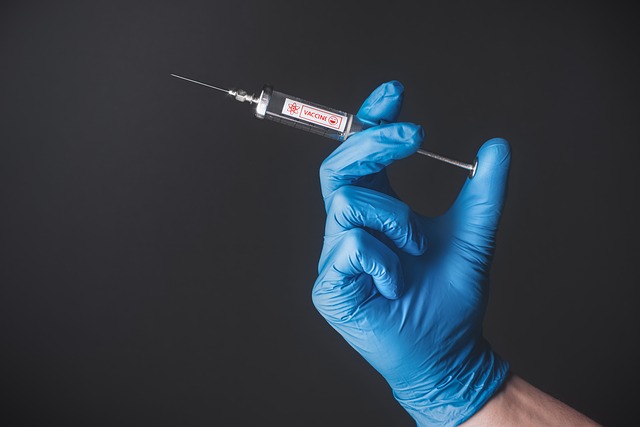
So, if you came here wondering if there is a direct link between taking the vaccine and getting in a car accident, the simple answer is no. However, there is a link when it comes to the assessment of risk. This results in both remaining unvaccinated and potentially getting into traffic accidents. However, perhaps with the right public education initiatives in place, people will learn about the risks involved. It is all about not being cautious enough when it comes to their health and safety.
Read More: This is What Measles Does to Your Body
